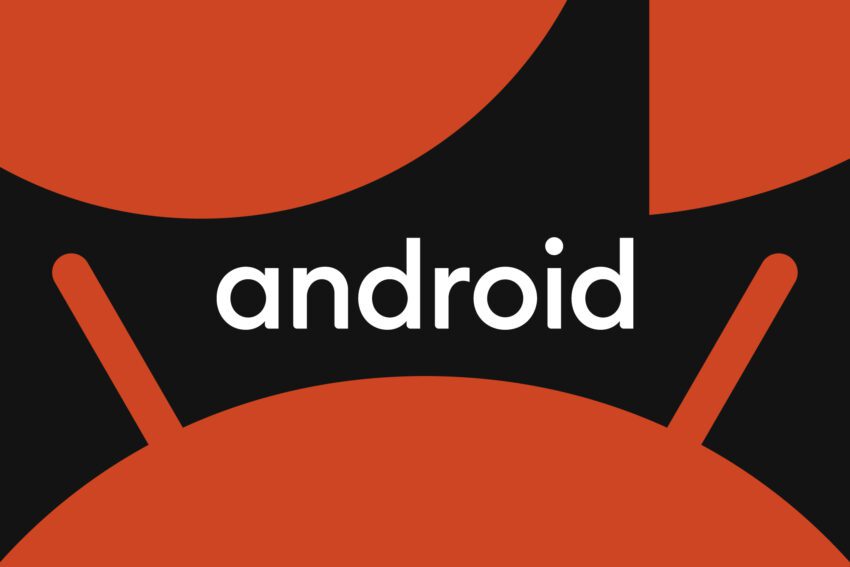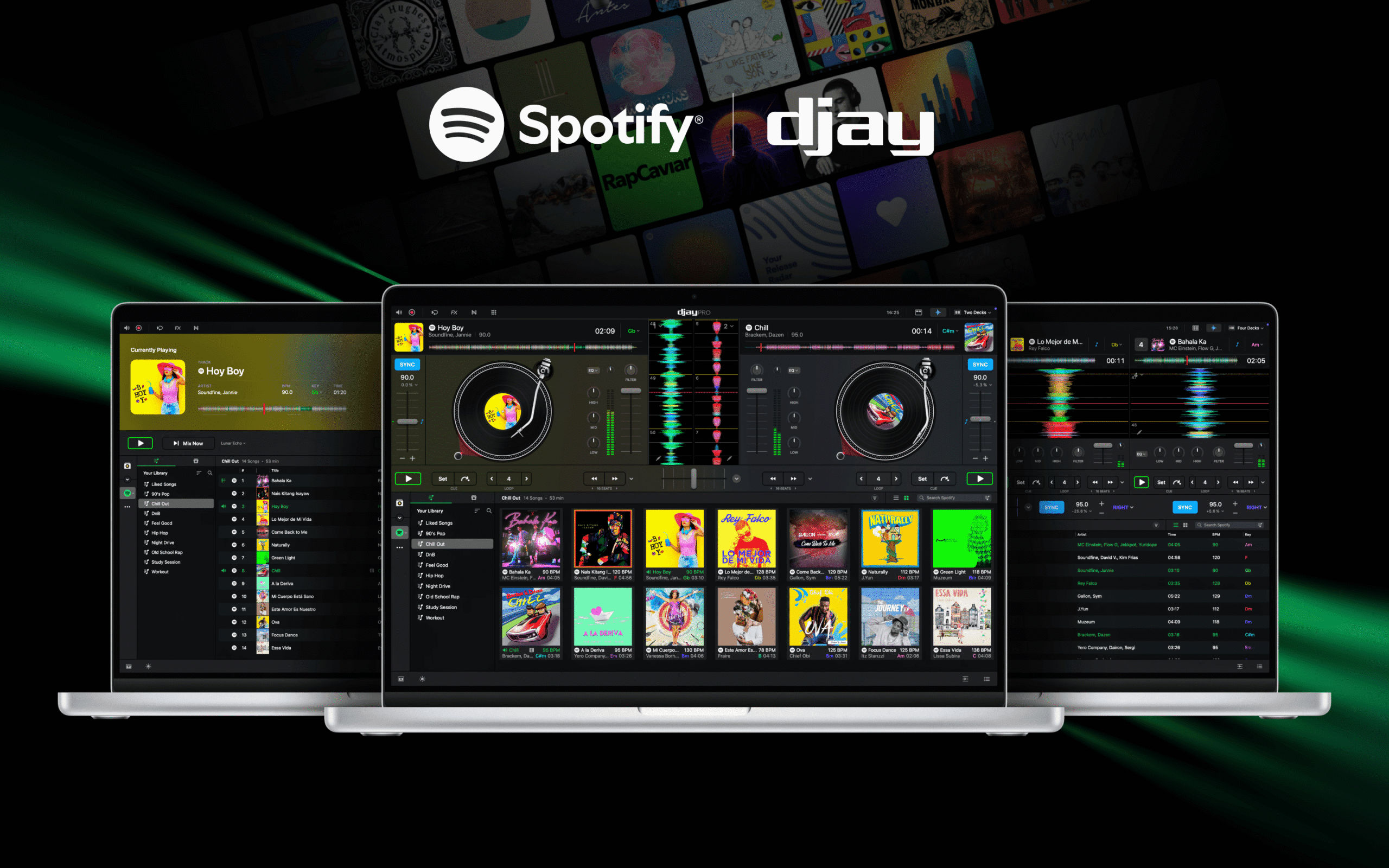
google s android for pc i ve Google is making significant strides toward integrating Android with PCs, a move that has garnered attention from industry leaders, including Qualcomm CEO Cristiano Amon, who expressed enthusiasm about the new software.
google s android for pc i ve
Google’s Ambitious Plans for Android on PCs
In a recent keynote at Qualcomm’s Snapdragon Summit, Google’s head of platforms and devices, Rick Osterloh, and Qualcomm CEO Cristiano Amon discussed the future of computing, specifically focusing on the integration of Android with ChromeOS to create a unified platform for PCs. This initiative is part of a broader strategy to enhance user experience across devices, allowing for a seamless transition between mobile and desktop environments.
Insights from Qualcomm’s Snapdragon Summit
The Snapdragon Summit serves as a platform for Qualcomm to unveil its latest advancements in mobile technology, and this year was no exception. During the opening keynote, Amon and Osterloh shared insights into their collaborative efforts, hinting at exciting developments in both automotive technology and consumer PCs. Amon’s enthusiasm was palpable as he remarked, “I’ve seen it, it is incredible,” referring to the new Android software designed for PCs. His excitement underscores the potential impact of this integration on the computing landscape.
The Vision of Convergence
Osterloh emphasized the historical divide between the systems used for PCs and smartphones, stating, “In the past, we’ve always had very different systems between what we’re building on PCs and what we’re building on smartphones.” This division has often led to fragmented user experiences, where applications and functionalities differ significantly between devices. However, the new project aims to bridge this gap by creating a common technical foundation for both platforms.
By merging Android and ChromeOS, Google plans to leverage its existing ecosystem of applications and developer communities to enhance the PC experience. Osterloh confirmed that the integration will include the Gemini AI framework and the full Android AI stack, which could lead to more intelligent and responsive applications on PCs. This convergence is not just a technical upgrade; it represents a fundamental shift in how users will interact with their devices.
Implications for the Computing Landscape
The integration of Android into the PC ecosystem could have far-reaching implications for both consumers and developers. For users, this means a more cohesive experience across devices. Imagine being able to start a task on your smartphone and seamlessly continue it on your PC without losing context. This level of interoperability could significantly enhance productivity and user satisfaction.
Impact on Developers
For developers, the unification of Android and ChromeOS presents new opportunities. With a single platform, developers can create applications that work across both mobile and desktop environments, reducing the time and resources spent on building separate versions of their software. This could lead to a richer app ecosystem on PCs, as developers are incentivized to create more innovative and feature-rich applications.
Consumer Adoption and Market Dynamics
The success of this integration will largely depend on consumer adoption. As more users become accustomed to the idea of a unified platform, the demand for devices that support this functionality is likely to grow. This could prompt manufacturers to invest more in devices that run the integrated Android and ChromeOS, potentially reshaping the market dynamics in the PC industry.
Historical Context of Android and ChromeOS
The idea of merging Android with ChromeOS is not entirely new. In July, Sameer Samat, head of Android, confirmed that Google was actively working on combining the two platforms into a single operating system. This announcement followed a year of efforts to develop ChromeOS using components of the Android stack, indicating a clear trajectory toward integration.
Historically, Android has dominated the mobile operating system market, while ChromeOS has carved out a niche in the education sector and among budget-conscious consumers. By merging the two, Google aims to capitalize on Android’s vast user base and application ecosystem, potentially transforming the way PCs are used.
Challenges Ahead
Despite the promising outlook, there are challenges that Google must navigate as it moves forward with this integration. One significant hurdle is ensuring compatibility with existing applications and hardware. Users and developers alike will need reassurance that their current investments in software and devices will remain relevant in the new ecosystem.
Moreover, competition in the PC market is fierce, with established players like Microsoft and Apple holding significant market share. Google will need to differentiate its offering to attract users who may be hesitant to switch from their current operating systems.
Stakeholder Reactions
The reactions from stakeholders in the tech industry have been mixed but generally optimistic. Industry analysts have noted that this move could position Google as a more formidable competitor in the PC market, especially if it can successfully leverage its strengths in mobile computing.
Some manufacturers have expressed excitement about the potential for new devices that could emerge from this integration. The prospect of creating PCs that can run Android applications natively could open up new avenues for innovation and design. However, there are also concerns about the potential for fragmentation if the integration is not executed flawlessly.
Consumer Expectations
Consumers are likely to have high expectations for the new platform. They will be looking for a seamless experience that allows them to transition between devices without friction. Features such as cross-device notifications, shared app functionality, and a unified user interface will be critical in meeting these expectations.
Additionally, privacy and security will remain paramount concerns for users. Google will need to ensure that the integrated platform maintains robust security measures to protect user data across devices. This is particularly important given the increasing prevalence of cyber threats and the growing awareness among consumers regarding data privacy.
Looking Ahead
As Google and Qualcomm continue to refine their plans for integrating Android with PCs, the tech community will be watching closely. The upcoming release of Qualcomm’s Snapdragon 8 Elite Gen 5 chipset is expected to play a crucial role in this initiative, providing the necessary hardware capabilities to support the new software.
In conclusion, the integration of Android and ChromeOS represents a significant step forward in the evolution of computing. By creating a unified platform, Google aims to enhance user experience, streamline development processes, and ultimately reshape the landscape of personal computing. As the tech industry continues to evolve, this initiative could serve as a catalyst for further innovation and collaboration across the sector.
Source: Original report
Was this helpful?
Last Modified: September 24, 2025 at 2:36 pm
3 views















